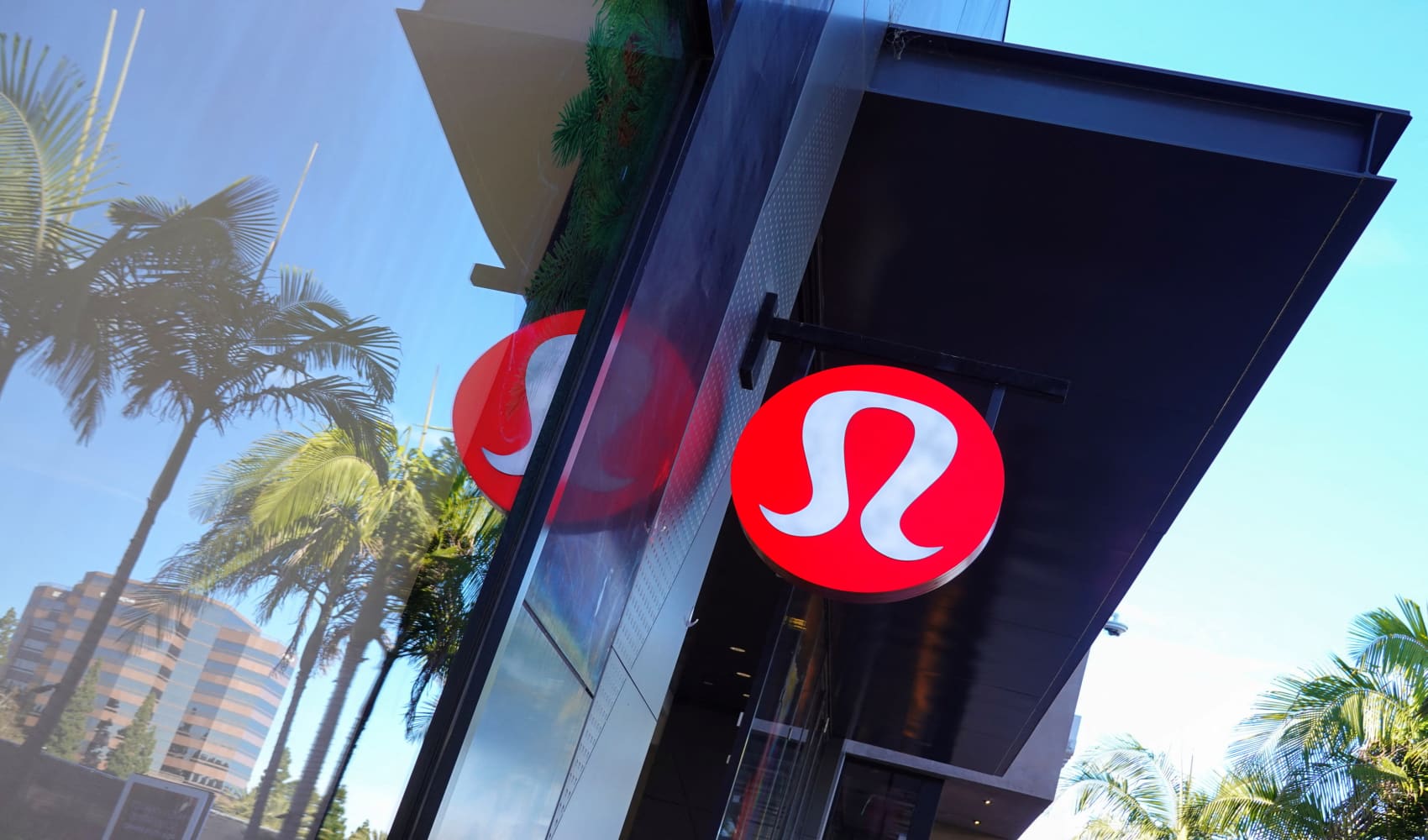(NECN: Peter Howe, Brookline, Mass.) - Newly minted University of Massachusetts graduate Jim Lau took up golf three years ago, and quickly loved it – so much so that by his senior year, he was getting out once or twice a week to play.
Normally, that would be much too expensive for most college kids to consider.
"The cost of greens fees is a huge issue for us, because it's like, go golfing or go out to eat. You kind of have to pick and choose," said Lau, a native of East Greenwich, R.I.
What Lau discovered that made it possible: the new College Golf Pass, a Massachusetts startup company that sells college and graduate students a $40 annual pass that lets students get discounts of up to 67 percent off greens fees at more than 120 courses in all six New England states, with the limitation that the discounts apply usually only in lower-demand weekday and weekend-afternoon time slots that may otherwise go unfilled.
"It was probably the best golf deal I’ve ever seen," Lau said.
For Harry Chiu, a California native who came East to study at Holy Cross in Worcester and tried unsuccessfully to make the college golf team as a freshman, the discounts from the College Golf Pass enabled him to form a 50-member intramural golf club at Holy Cross this past year.
"I thought to myself, 'Why haven’t I heard of this before? It’s too good to be true.' Paying 40 bucks a year, and you can pay that back playing one round of golf," said Chiu. Chiu recently joined the company in a job promoting college golf clubs that will buy the pass.
Business
Former Bryant University golfer Kris Hart, of East Longmeadow, Mass., soft-launched College Golf Pass late last year with 15 courses, quickly adding over 100 more this year.
The big-picture context here: The golf industry has some legitimate reasons to worry a little about where the next generation of golfers is going to come from. Back in the late 1980s, there were 9.5 million people in America aged 18 to 34 who were regular golfers, according to the National Golf Foundation. By the late 2000s, that number had shrunk to 7.7 million, a drop of 19 percent, possibly portending trouble ahead for the business unless there’s a big uptick of middle-aged people and retirees taking up the sport.
"Trying to find this demographic of golfers, it is a challenge," said head golf professional Tom Ellis at Brookline’s town-owned Robert T. Lynch Municipal Golf Course at Putterham Meadows.
Ellis said, like airlines discounting fares at the last minute to fill unsold seats on flights, his experience is College Golf Pass has helped him increase revenues and profits.
"It works out great. You're increasing your rounds of golf, and you're putting these rounds out at a time that are the least desirable or more undesirable times, for example, so you're maximizing your tee sheet," said Ellis.
Mike Belkin, a former Amherst College intercollegiate golfer who is College Golf Pass’s business development director, said, "A college student may prefer to play during a weekend afternoon when the course is a little more empty," like a weekday afternoon when weekend golfers are at work. "College students often prefer to play during times that are not peak times for courses."
Hart said he hopes to see College Golf Pass grow far beyond the 120 New England courses now participating.
"Our vision really is to make this a nationwide program next year," Hart said, adding that for him, it’s well beyond just a discounts and deals website.
"We see this as really a huge huge community. It's not just a discount pass. We're growing this community of golfers, young golfers," Hart said. "They'll get the bug, and those are lifetime golfers, which the industry needs."
With videographer John J. Hammann and video editor Lauren Kleciak.



